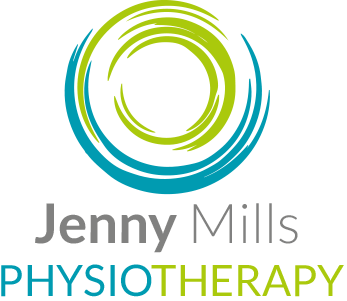Patellar tendinitis
Pain just below the knee cap also called Jumpers knee
The patella tendon attaches the large quadriceps muscle to the tibia, tightness in the quads can cause issues for the tendon. Assessment will guide the treatment but very often successfully treated especially with acupuncture.
Patellar tendinitis, also known as jumper's knee, is a condition characterised by inflammation of the patellar tendon, which connects the kneecap (patella) to the shinbone (tibia). This condition is common in athletes, especially those involved in sports that require jumping or repetitive stress on the knee.
Key features of patellar tendinitis include:
Pain: The primary symptom is pain in the front of the knee, just below the kneecap. The pain may be sharp or dull and is often aggravated by activities such as jumping or running.
Tenderness: The patellar tendon may be tender to the touch.
Swelling: Inflammation of the tendon can lead to swelling around the affected area.
Stiffness: Stiffness in the knee, especially after periods of inactivity, is common.
Worsening with Activity: Symptoms typically worsen with activities that involve jumping, running, or squatting.
Causes and Risk Factors:
Overuse: Repetitive stress on the patellar tendon, especially without adequate rest, can lead to inflammation and tendinitis.
Jumping Activities: Sports that involve frequent jumping, such as basketball and volleyball, increase the risk.
Muscle Imbalances: Weakness or imbalances in the muscles around the knee, particularly the quadriceps and hamstrings, may contribute.
Inadequate Warm-up: Insufficient warm-up before physical activity can increase the risk of tendinitis.
Treatment Options:
Rest: Giving the affected knee adequate rest is crucial to allow the tendon to heal.
Ice: Applying ice to the affected area can help reduce pain and inflammation.
Anti-inflammatory Medications: Nonsteroidal anti-inflammatory drugs (NSAIDs) may be recommended to alleviate pain and swelling.
Physiotherapy: Specific exercises to strengthen the quadriceps and hamstrings, as well as stretches to improve flexibility, may be prescribed.
Acupuncture: can be very effective in resolving the knee pain
Patellar Tendon Strap: Wearing a patellar tendon strap or brace may provide support and alleviate symptoms.
In more severe cases or when conservative treatments are ineffective, healthcare professionals may consider more advanced interventions, such as corticosteroid injections or, rarely, surgical options.
If you suspect you have patellar tendinitis or are experiencing persistent knee pain, especially during or after physical activity, it's advisable to consult with a healthcare professional for an accurate diagnosis and appropriate treatment plan. Early intervention can help prevent further damage and promote healing.
For bookings or information:
Please contact for any further help. Often just 1 or 2 sessions is all that is needed , no commitment to a long course of treatment.
Cost
Initial assessment with treatment £50 (allow 45 to 50 minutes)
Follow up session £45 (allow 30 minutes)
Sports massage £45 for 30 minutes
Yoga 1 to 1 or 2 tuition
£30 for 45 minutes

